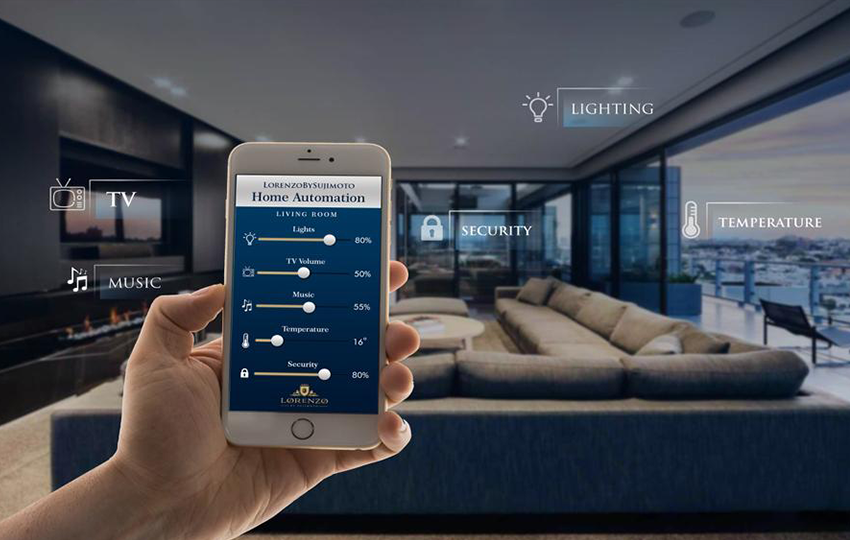What is it about?
Citizens in a rapidly ageing European population are at greater risk of cognitive impairment, frailty and multiple chronic health conditions with considerable negative consequences for their independence, quality of life and for the sustainability of health and care systems and Smart and healthy living options. The challenge is to foster large-scale deployment of integrated digital solutions which will bring improved quality of life to citizens while demonstrating significant efficiency gains in health and care delivery across Europe.
Scope:
A mix of advanced ICT ranging from biophotonics to robotics, from artificial intelligence to big data and from IoT to smart wearables can address these challenges. A platform for smart living at home should integrate these technologies in an intelligent manner.
The pilots should build on open platforms, standardised ontologies, APIs and results from IoT-based Smart and healthy living environments, service robotics and smart wearable & portable systems and clearly go beyond current state of the art in terms of scale, the capabilities for personalisation, adaptation, and user acceptance.
Pilots in the selected areas should clearly cover the supply and demand sides. For further expanding with other users, developers of additional applications, replication of the pilot through new sites, and complementary assessment of the acceptability of the use cases where appropriate, the actions in this topic may involve financial support to third parties as outlined in the chapeau ‘Platforms and Pilots’.
A clear methodology and impact indicators for socio-economic impact assessment from using the platform should be included, where possible using the MAFEIP framework. The number of users involved and duration of pilot services should be sufficient to ensure significance in impact analysis, with a minimum of 4 pilot sites in 4 countries for Smart and healthy living.
The proposed pilots should also demonstrate feasibility of integration with other relevant application domains such as energy, transport, or smart cities, including interoperability, along with data security and integrity, and models for data sharing and valorisation are to be developed in order to create incentives for data aggregation across different platforms and application areas. Regulatory aspects and legal aspects of data ownership should be addressed. Relevant ethics and gender issues should be taken into account.
Proposals should address one of the two following areas:
- Intelligent and personalised digital solutions for sustaining and extending healthy and independent living
- Personalised early risk detection and intervention
Expected Impact:
- Emergence of European-led platform for smart and healthy and independent living at home;
- Increased competitiveness of the European ICT industry in the domain, through enhanced interoperability, best practices for viable business and financing models and scalable markets;
- Demonstrate links and build synergies with Member States’ and regional initiatives in this area;
- Improved and evidence-based efficiency of health and care systems with demonstrated added-value of underlying technologies;
- Improved quality of life and health status for involved users and carers, with demonstrated added-value of underlying technologies;
- User accepted, validated innovative solutions addressing accessibility, privacy, security, vulnerability, liability, and trust in connected data spaces.
In the same framework, iED has already implemented several innovative projects which included innovative practices. If you are interested in applying for this call you could contact us and further discuss the available options.
Submission deadline: 14 November 2018 17:00 (Brussels time)
Budget:
The indicative maximum amount earmarked for the call T-TDS-01-2019 – IA Innovation action is: 60,000,000
Eligibility of the applicants:
- Legal entities established in the following countries and territories will be eligible to receive funding through Horizon 2020 grants
- International European interest organisations4 will also be eligible to receive funding from Horizon 2020.
- Legal entities established in countries not listed above will be eligible for funding when such funding is explicitly foreseen in the call

